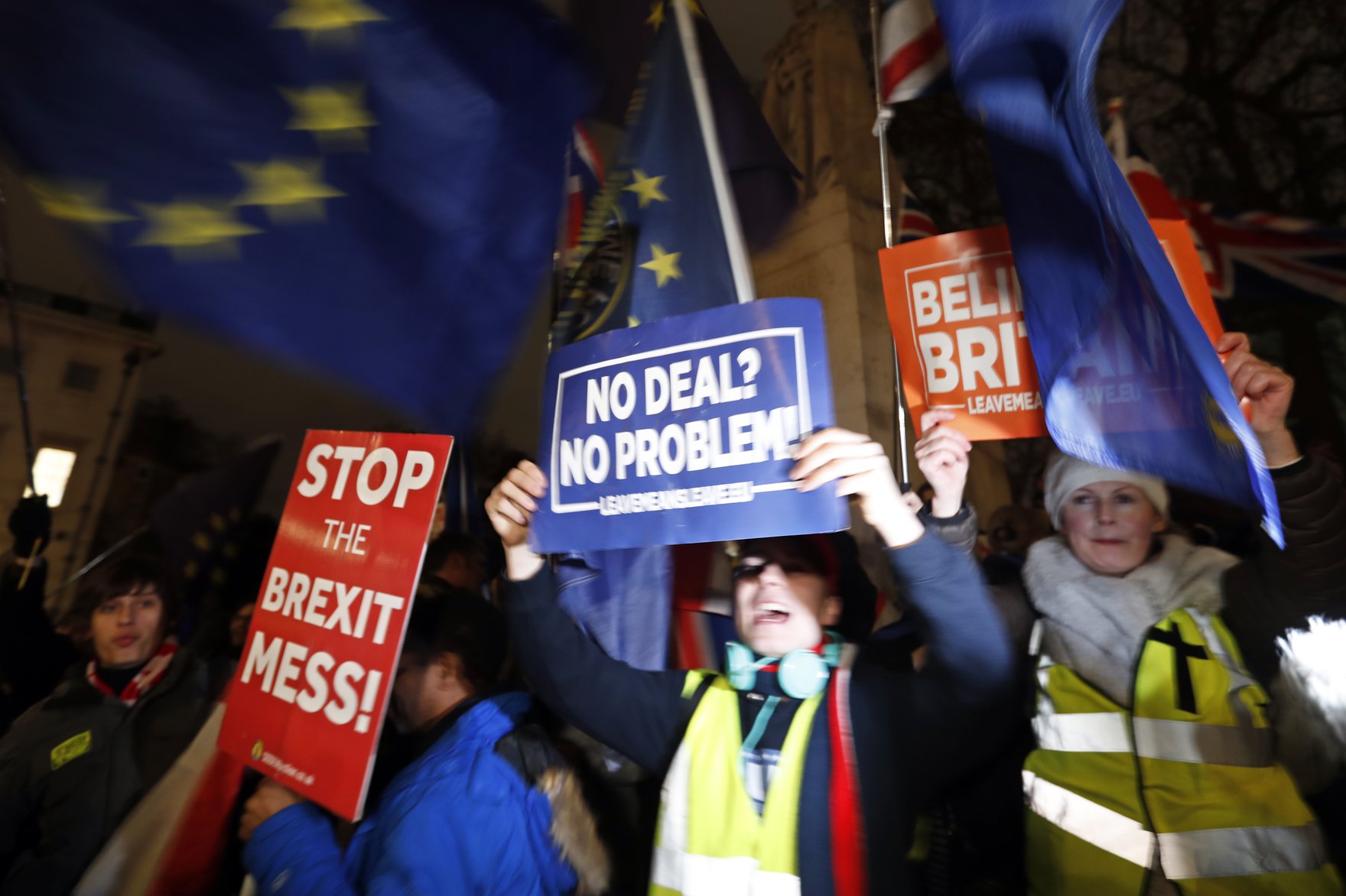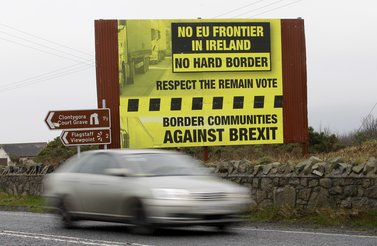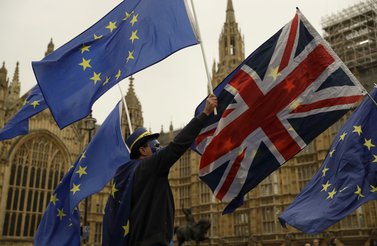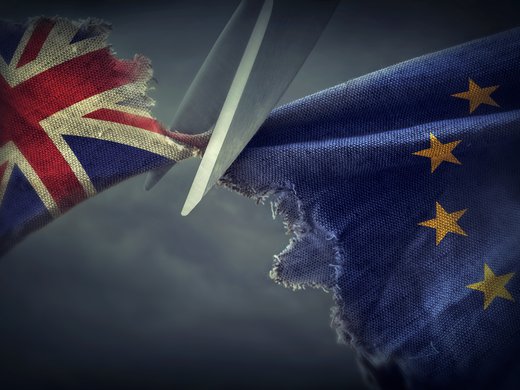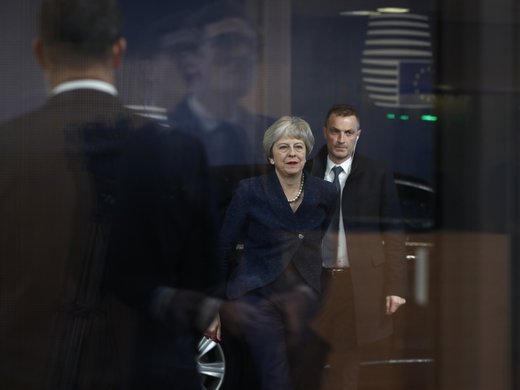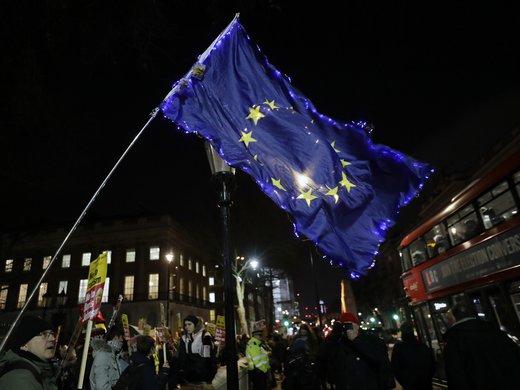As speaker John Bercow bellowed “Order, order, order!” as parliamentarians erupted in roars at the massive defeat of Prime Minister Theresa May’s Brexit deal, one could be forgiven for finding the scene almost comedic. But, as one reflects on the depths of the disputation and dysfunction, it seems the world may be witnessing a great British tragedy.
Prime Minister May is the perfect Shakespearean protagonist. She is proud, politically driven, stubborn, strong-willed and capable; this combination of character traits bears the seeds of tragedy. The insights of political pundits — the modern version of ghostly apparitions and chanting witches — have tried to warn May how to avoid the tragic fate she is bringing upon herself and her country. Overweening ambition could well bring down another political protagonist, but more importantly, it threatens ruinous consequences to her country as well.
Following the overwhelming defeat of her Brexit deal in the House of Commons on January 15, May faces a confidence vote moved by Labour Party leader Jeremy Corbyn. If May survives the vote, she must bring a “Plan B” to the House by next Monday. However, it is challenging to imagine a plan that could pick up the support of enough members of the House to pass in that Chamber. Even if May can find that compromise, it remains to be seen whether it would be one that the European Union could accept. The Brexit deal, after all, must be a negotiated agreement between the United Kingdom and the European Union.
In the aftermath of Wednesday’s historic vote, there has been mention of cross-party discussion to find a solution, but May is more a political warrior than a conciliator, and serious politics are at play. With 116 Tories voting against her deal, she is likely thinking that she might save her party’s political power — and her own — by bending to their demands. And many of them are rabid Brexiters, who would be happier with crashing out of the European Union without a deal than with the one she negotiated. They abhor the Northern Ireland backstop that prevents chaos on the border with the Republic of Ireland, and the idea that European Union rules would still govern the movement of goods and people across that border.
There has been speculation that May would leave Corbyn, her main political adversary, out of cross-party talks. Seventy-one members of Corbyn’s Labour Party are hurriedly laying the groundwork for a second peoples’ vote in the event that May wins the confidence vote, even though their own leader has declined to commit to that approach, preferring to renegotiate for a customs union. There seems to be only the slimmest of chances that Corbyn could find sufficient numbers of members of Parliament to pass the vote of non-confidence. Northern Ireland’s Democratic Unionist Party members have already said they would align with May, even though they voted against her Brexit deal. The Liberal Democrats and the Scottish National Party, on the other hand, might align with Corbyn in the desire for a new approach to the Brexit question if he shows more flexibility than he has to date. Are there any Tories discontented enough with May’s leadership, her deal and the risks of a hard Brexit to defect to the Corbyn side? A small number of defectors could play a crucial role in helping to find a compromise that will prevent the dreaded “crash-out” Brexit.
Under the Fixed-term Parliaments Act 2011, a passed motion of non-confidence would not result in an immediate election. Rather, there would be a period of 14 calendar days in which the government could seek to regain the confidence of MPs, or, another government — likely led by Corbyn — could seek to be formed. If no government can hold the confidence of the House, then Parliament would be dissolved, and an election called. With only 72 days left before the March 29 Brexit deadline, there is massive uncertainty about the future of the United Kingdom.
The Brexit referendum has tested the very limits of British parliamentary democracy. Over the last two and a half years, the world has witnessed how a promise to Tory hardliners by former Prime Minister David Cameron, and a mismanaged referendum led to his precipitous and craven resignation. We saw how Prime Minister May then cavalierly tried to bypass Parliament entirely in undoing the United Kingdom’s deeply intertwined legal relationship with the European Union — until the High Court declared that only Parliament could change the laws of the United Kingdom, not the executive, and that therefore she had to give Parliament a meaningful say. Then, we watched her futile attempt to bind members of her Cabinet to her red lines in the meeting at Chequers last July, and the contagion of defections that immediately ensued.
May has stubbornly soldiered on to achieve a potential agreement with the European Union that she proudly declared was the only possible option, and it has been utterly rejected in the greatest parliamentary defeat in British history. Her strengths and her weaknesses of character have brought her to this point, a point that is deeply tragic for the people of the British Isles and Europe. The hubris of leaders, the skullduggery of party politics and the petty ambition of members should not be underestimated as the United Kingdom faces its greatest political crisis.
